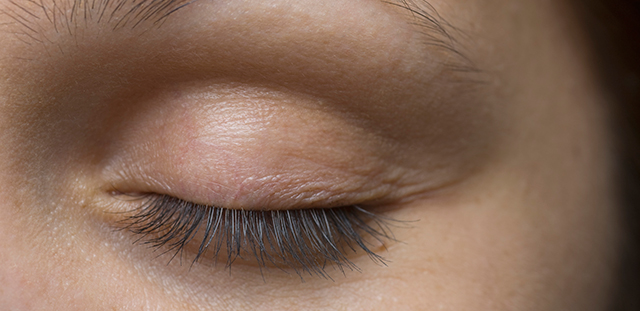Cataract surgery is a very common outpatient procedure. There are no serious complications in the vast majority of patients. Although the surgery takes ten minutes at most, there is a recovery time. Proper aftercare is important to ensure successful results.
Recovery Times and What to Expect
Your recovery from cataract surgery depends on a number of factors. Your overall health is the most important. The healthier you are, the faster you should recover. If you suffer from other eye problems, or have health conditions that affect the eyes, the recovery time is slower.
For some time after the surgery, you may notice your vision is blurry or distorted. This is normal. It takes time for your eyes to adjust to the new lens. The time frame varies among patients. Some people notice sharper vision the next day. Most people notice vision improvement in a few days or weeks.
At the hospital or office, you need to rest following surgery. For most people, it takes 30-60 minutes for the effects of the sedation or anesthesia to wear off. Once you feel more alert and less groggy, you can have someone drive you home.
After surgery, a protective shield is placed over the eye. You also have to wear sunglasses for your trip home. Some people have light sensitivity following the surgery.
Many people notice red or bloodshot eyes following cataract surgery. This is due to the temporary damage to the blood vessels during the surgery. Bloodshot eyes look scarier than they actually are. This condition should clear up on its own in several days. At that time, the whites of your eyes return to normal.
Caring for Your Eyes after Cataract Surgery
The first thing to do is to follow the advice of your eye doctor. He or she will probably want to examine your eyes the day after your surgery to make certain there are no problems.
Your eye doctor will tell you when you can remove the eye shield. For most people, this is several hours after the surgery. However, for several days, you must wear the shield while you sleep or take a nap. There are also doctors who suggest you wear the eye shield at all times for the first week or two.
Your doctor will also prescribe eye drops for you to administer on a daily basis. You have to take these drops for several weeks. The drops are antibiotic and anti-inflammatory medications. They are necessary for preventing infections and inflammation. The drops also accelerate healing.
You might feel some discomfort in or around your eye. Use ibuprofen or acetaminophen to alleviate the pain.
For several days after the surgery, it’s recommended that you avoid any strenuous activities or bending over with your head lower than your waist. The pressure could open the incision.
If you have cataracts, a Houston cataract surgeon such as Dr. Goosey is the right doctor to improve your vision. Cataract surgery is a safe procedure, but it’s still important to take care of yourself and your eyes following the surgery. For more information on cataract surgery, contact us today.






